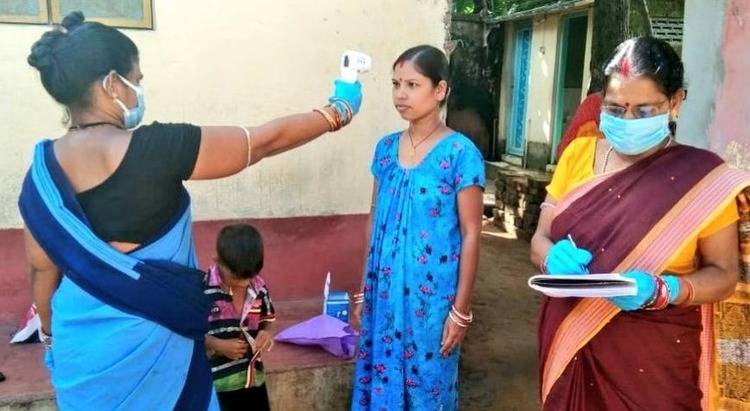First used for tuberculosis, SP3 has been repurposed to unify, standardise, analyse, and compare sequence data of SARS-CoV-2, yielding annotated genomic sequences and identifying new variants and those of concern…reports Asian Lite News
The Oxford University and cloud major Oracle have created a novel tool that will help medical communities and governments to identify and act fast on the more infectious variants of Covid-19.
The Global Pathogen Analysis System (GPAS) combines Oxford’s Scalable Pathogen Pipeline Platform (SP3) with the power of Oracle Cloud Infrastructure.
“This powerful new tool will enable public health scientists in research establishments, public health agencies, healthcare services, and diagnostic companies around the world to help further understanding of infectious diseases, starting with coronavirus,” said Derrick Crook, Professor of Microbiology in the Nuffield Department of Medicine at the University of Oxford, in a statement.
“The Global Pathogen Analysis System will help to establish a global common standard for assembling and analysing this new virus, as well as other microbial threats to public health. This adds a new dimension in our ability to process pathogen data,” he added.
First used for tuberculosis, SP3 has been repurposed to unify, standardise, analyse, and compare sequence data of SARS-CoV-2, yielding annotated genomic sequences and identifying new variants and those of concern.
The SP3 system will now deliver comprehensive and standardised results of Covid-19 analyses within minutes of submission on an international scale. The results will be shared with countries around the globe in a secure environment.
“The opportunity of applying systematic examination for genetic variants in a range of pathogens will have major benefits for global public health,” said Sir John Bell, Regius Professor of Medicine at the University of Oxford.
Coupled with the extensive machine learning capabilities in the Oracle Cloud, collaborating scientists, researchers, and governments worldwide can process, analyse, visualise, and act on a wide collection of Covid-19 pathogen data for the first time.

This includes identifying variants of interest and their potential impact on vaccine and treatment effectiveness. For example, analytics dashboards in the system will show which specific strains are spreading more quickly than others and whether genetic features contribute to increased transmissibility and vaccine escape.
Already, Oxford has processed half the world’s SARS-CoV-2 sequences, more than 500,000 in total.
ALSO READ-Germany urged to back Oxford jabs
READ MORE-Will raise Oxford University racism issue when required: Jaishankar














